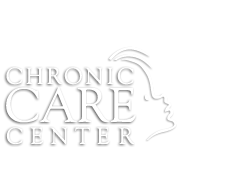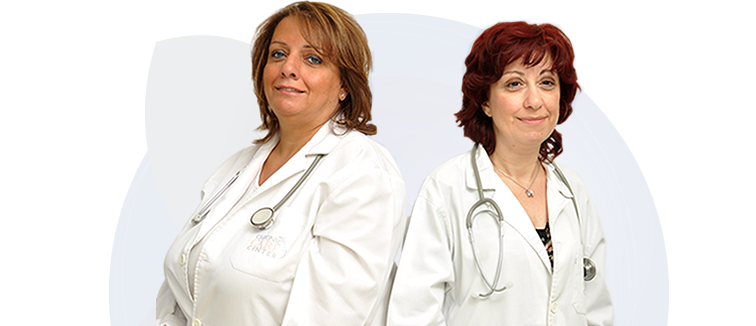After 25 years of commitment toward serving and treating children with chronic diseases. An evaluation of the Center's work was necessary.
In order to perform this evaluation objectively, the Center's Board of Trustees called upon a team of experts from AUB Faculty of Public health.
The report submitted in 2010 concluded that:
-The Chronic Care Center has been a pioneer institution in working with two vulnerable groups, Thalassemic and Diabetic patients and their loved ones.
-The prevention programs adopted by the Center, is a national achievement since it has effectively decreased the number of new born Thalassemic and Diabetic patients.
-The Center's preventive strategy through prenatal diagnosis and genetic counseling needs multilateral collective efforts to support such a strategy.
- Maintain the momentum acquired in previous years, despite the difficulties.
- Constantly work towards developing its medical and social services, in favor of scientific and technical progress.
- Increase the number of beneficiaries of new adequate treatments.
- Select a new group of thalassemic patients to undergo a transplant operation that would give them a chance to be cured from the disease.
- Multiply efforts exerted in the field of prevention, aiming at fighting thalassemia.
- Support clinical, medical and paramedical studies, as well as research in the genetic field.
- Support the training unit that allowed doctors and paramedical experts of the region to benefit from the Center's experience and know-how in the treatment of thalassemia and diabetes.
- Reinforce the Center collaboration with international organizations working in the same field.
- Adopt a quality management system with the aim of obtaining an accredited certificate from an international commission.
- Optimize the quality of services, in order to remain not only a center of reference, but also a center of excellence.




